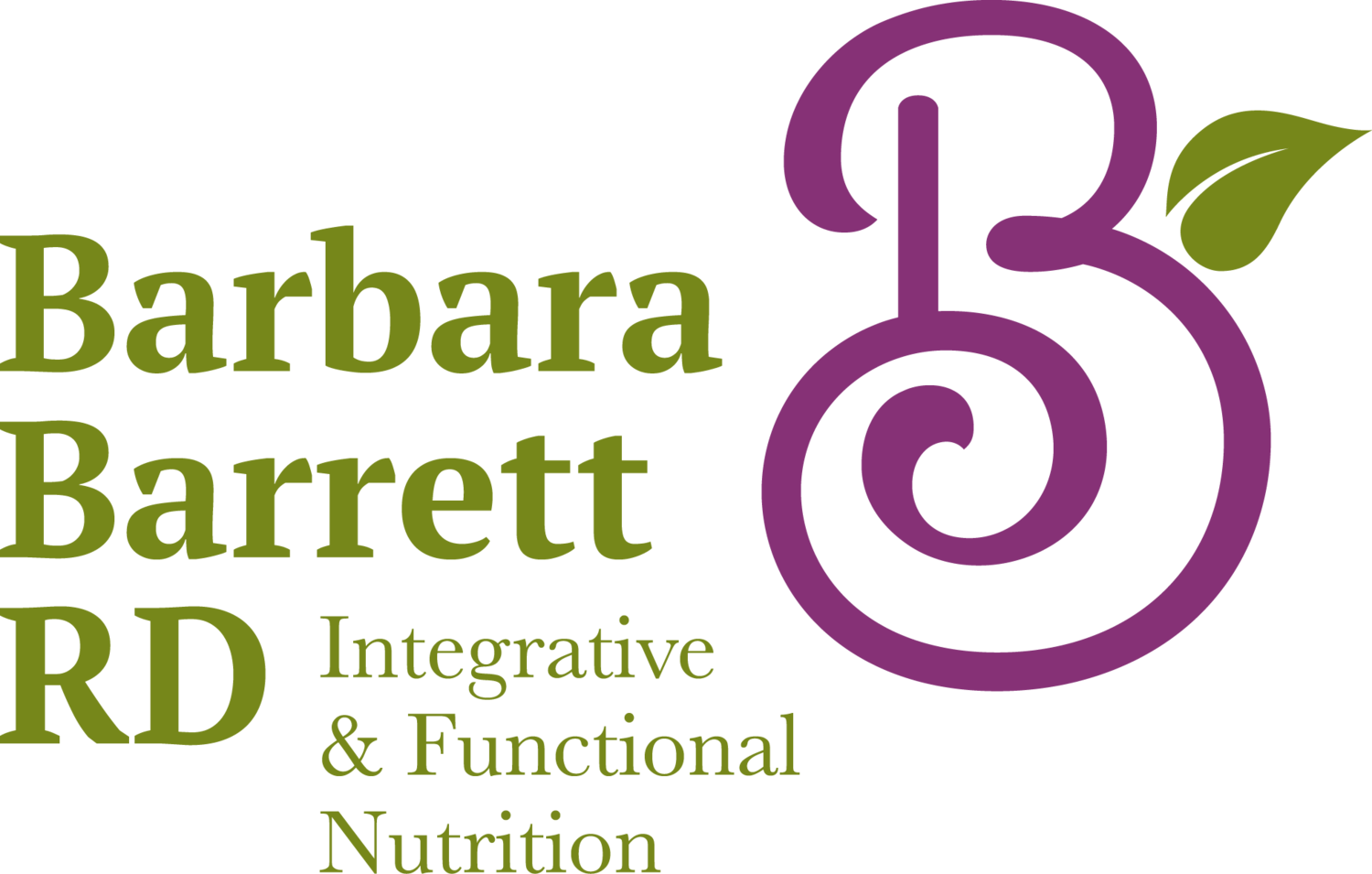Alcohol makes you drowsy…BUT it does not mean you will have a good night’s sleep.
A 3 minute read
That nightly glass of wine (or two) may be sabotaging your sleep.
Does alcohol’s drowsing effect mean better sleep?
Many of my clients complain of poor sleep. While there are many contributors to a poor night’s sleep, today’s focus is on a very common misconception about alcohol and sleep.
That nightly glass of wine or nightcap can help you fall asleep, however making you drowsy doesn’t mean you’ll get a good night’s sleep. Even one alcoholic drink (yes, wine with dinner) leads to fragmented sleep, where you wake up several times throughout the night. Alcohol suppresses your essential REM sleep and can lead to more vivid dreams and nightmares, sleepwalking and other disruptive sleep disorders, insomnia, and even breathing problems like sleep apnea. In fact, as more alcohol is consumed, sleep quality tends to get worse.
These sleep disturbances happen because, as your body breaks down and metabolizes the alcohol, it disrupts the natural healthy sleep cycle that helps you have a sound and restful sleep.
The metabolism of alcohol is what prevents you from waking up feeling refreshed and rested.
Remember, any alcohol you consume must be detoxified (broken down) by your liver. Alcohol is a sleep buster because of what it does to your body’s physiology and biochemistry.
Here are a few ways alcohol disrupts sleep:
● Several hours after drinking alcohol, your body releases the stress hormone epinephrine which increases your heart rate and causes you to wake up.
● People who drink alcohol tend to have more leg movements during sleep and this often wakes them up when they should be sleeping.
● Alcohol can reduce your melatonin levels.
● Drinking alcohol can worsen indigestion, heartburn, and the need to wake up to go to the bathroom when you should be sleeping soundly.
There is not a supplement or sleep remedy on the market that will help you sleep better if you are regularly drinking alcohol.
If getting more, high quality sleep is important to you, consider cutting down on alcohol—especially before bedtime. You can explore many of the alcohol-free beverages that are available. I have tasty nonalcoholic recipes for my clients. If you want to talk, book a free call here.
Final thoughts on sleep and alcohol
Sleep is crucial for optimal health and wellness. Many people struggle to get the coveted 7-9 hours of uninterrupted sleep every night and don’t wake up feeling refreshed and energized. But there are things you can do to start turning that around.
Possibly the number one thing you can do to start sleeping better is to avoid alcohol.
References
Cleveland Clinic. (2020, June 17). Why you should limit alcohol before bed for better sleep. Health Essentials. https://health.clevelandclinic.org/why-you-should-limit-alcohol-before-bed-for-better-sleep/
Harvard Health Medical School. (2019, August 9). Alcohol and fatigue. Harvard Health Publishing. https://www.health.harvard.edu/mind-and-mood/alcohol-and-fatigue
Johns Hopkins Medicine. (n.d.). Better Sleep: 3 simple diet tweaks. https://www.hopkinsmedicine.org/health/wellness-and-prevention/better-sleep-3-simple-diet-tweaks
Pan American Health Organization. (2021). Alcohol and sleep: How alcohol can affect your sleep. https://www.paho.org/en/documents/alcohol-series-alcohol-and-sleep-how-alcohol-can-affect-your-sleep
Sleep Foundation. (2023, July 18). Alcohol and sleep. https://www.sleepfoundation.org/nutrition/alcohol-and-sleep

